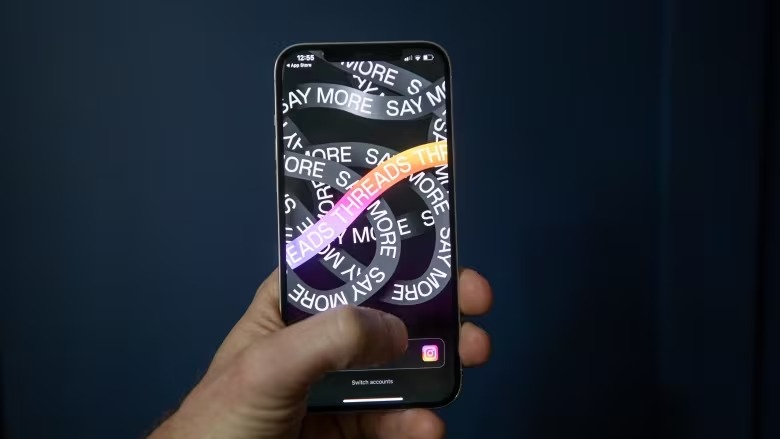BY STAN ALIEKE
Without prejudice: information and opinions contained and expressed herein are personal legal opinions. They are merely presumptions of how the legal battle unfolding between Twitter Inc and Meta Inc may likely play out if the case ends up in court, judging from my experience as an intellectual property lawyer. It may turn out differently but it will definitely not be far from what I analysed here.
Meta Inc. launched a social platform app called Thread on Wednesday, July 5, 2023. Less than twenty-four hours after they launched, they were slammed with a pre-action notice by X Corp, the company that acquired Twitter Inc. for $44bn in October 2022.
In the letter dated July 5 which serves as a formal pre-action notice from Twitter signed by their attorney, Alex Spiro, Twitter accused Meta of the following;
Advertisement
1. Misappropriation of trade secrets.
2. Intellectual property theft.
3. Breach of non-compete clause by Twitter former employees employed by Meta.
Advertisement
4. Employment of Twitter’s ex-employees by Meta.
These are core issues that will be the focus in determining in court if Twitter has a clear case against Meta but how far and how possible can Twitter make their case against Meta, especially establishing the allegation of intellectual property theft?
Let’s address these issues raised one after the other; one of the allegations levelled by Twitter is that its former employees breached their non-compete agreement by joining Meta Inc to build a Twitter-like app.
What does the law say in this regard?
Advertisement
Section 16600 of the California Business and Professions Code states thus: “Except as provided in this chapter, every contract by which anyone is restrained from engaging in a lawful profession, trade, or business of any kind is to that extent void.” This provision means that a non-compete clause is null and void as it is generally unenforceable in California where both Twitter and Meta carry out their operation. Therefore, it is illegal in California to enforce non-compete agreements that put limits on an employee’s future job prospects.
North Dakota, Oklahoma, and Washington DC are some other states of the US where non-compete clauses are unenforceable. In these states like California, an employee cannot be prohibited from working with another organisation that is in the same line of trade as the previous employer.
Therefore, the issue of breaching a non-compete clause will not fly in court.
The subsequent issue raised by Twitter is the issue of the misappropriation of trade secrets by its former employees which was utilised in the building of the Threads app.
Advertisement
The primary purpose of a non-compete clause in the contract of employment is to protect trade secrets, confidential customer information, or intellectual properties so that an employee who leaves the organisation will not utilise this information or disclose this information to competitors. This issue of misappropriation of trade secrets will be subsumed under a non-compete clause. Since we have established that the non-compete clause issue will not fly, therefore this issue of misappropriation of trade secrets will not fly either.
The next issue raised by Twitter against Meta is the employment of their ex-employees. A company is not under any restriction or prohibited from employing staff that was fired from a competing organisation. An ex-employee can legally move to another company if he so wishes. This was made legal in the state of California by the unenforceability of non-compete clauses. Therefore, this issue will as well be trashed out in court.
Advertisement
The final issue raised by Twitter against Meta which tends to be the most critical issue is the allegation of intellectual property theft. It will be a herculean task for Twitter to legally prove to the satisfaction of the court that Meta stole intellectual property in the building of Threads. That an app shares similarities with another app does not mean that the latter app stole the intellectual property of the former.
In determining intellectual property theft or infringement, what the court looks at is if the latter app is trying to pass off the former’s product as theirs; and if there are so many similarities, either in name, design, logo, etc, that users won’t be able to distinguish or differentiate one app from the other.
Advertisement
These questions will be answered in the negative as there are no close similarities in name, logo, and design that will make users mistake Threads for Twitter.
California generally encourages competition hence why cases of allegation of intellectual property theft among tech companies in the state rarely fly, and a high standard of proof is expected from a claimant in suits like these so as to satisfy the court to give favourable judgment.
Advertisement
Stan Alieke Esq is a legal practitioner. He can be reached via [email protected]
Views expressed by contributors are strictly personal and not of TheCable.
Add a comment






